Why Recycle Old Shoes?
Every year, millions of pairs of shoes are discarded, contributing to the staggering amount of waste occupying landfills. Understanding the environmental impact of shoe waste can motivate us to recycle our old footwear instead of throwing them away. Shoes are made of various materials, including rubber, leather, and synthetic fibers, and each material has its own recycling challenges.
Recycling shoes can help reduce environmental pollution, conserve raw materials, and even support communities in need. Many organizations and businesses have emerged, focusing on shoe recycling, and they are making a significant positive impact.
How to Evaluate Your Old Shoes for Recycling
Before diving into the recycling process, it’s essential to assess your old shoes. Not every pair is suitable for recycling, and knowing what to look for can save you time and effort. Start by checking the condition of your shoes. Are they worn out, or do they still have some life left?
Criteria for Assessing Shoes
- Physical Condition: Check for excessive wear, tears, or damage.
- Material Type: Identify if your shoes are made of recyclable materials.
- Brand Programs: Some brands offer take-back programs for their products.
Remember, if your shoes are too damaged for donation or resale, recycling is a sustainable option. It’s always better to recycle than to throw them in the trash!
Best Ways to Recycle Old Shoes
Now that you’ve assessed your old shoes, let’s explore various recycling methods available. Each method offers unique benefits and can contribute positively to the environment.
1. Donation
Donating shoes is one of the most straightforward ways to give your footwear a second life. Organizations like Soles4Souls take gently used shoes and distribute them to those in need, both domestically and internationally. This not only reduces waste but also supports communities around the globe!

2. Recycling Programs
Many brands have recognized the importance of sustainability and have initiated recycling programs. For instance, Nike’s Reuse-A-Shoe program allows consumers to drop off their old athletic shoes at participating locations. The shoes are then recycled into new products, including sports surfaces and footwear.
3. Repurposing
Repurposing your old shoes can be a fun and creative way to recycle. Consider transforming them into home decor items, plant pots, or even art pieces. Platforms like Pinterest are full of inspiration for DIY shoe projects!
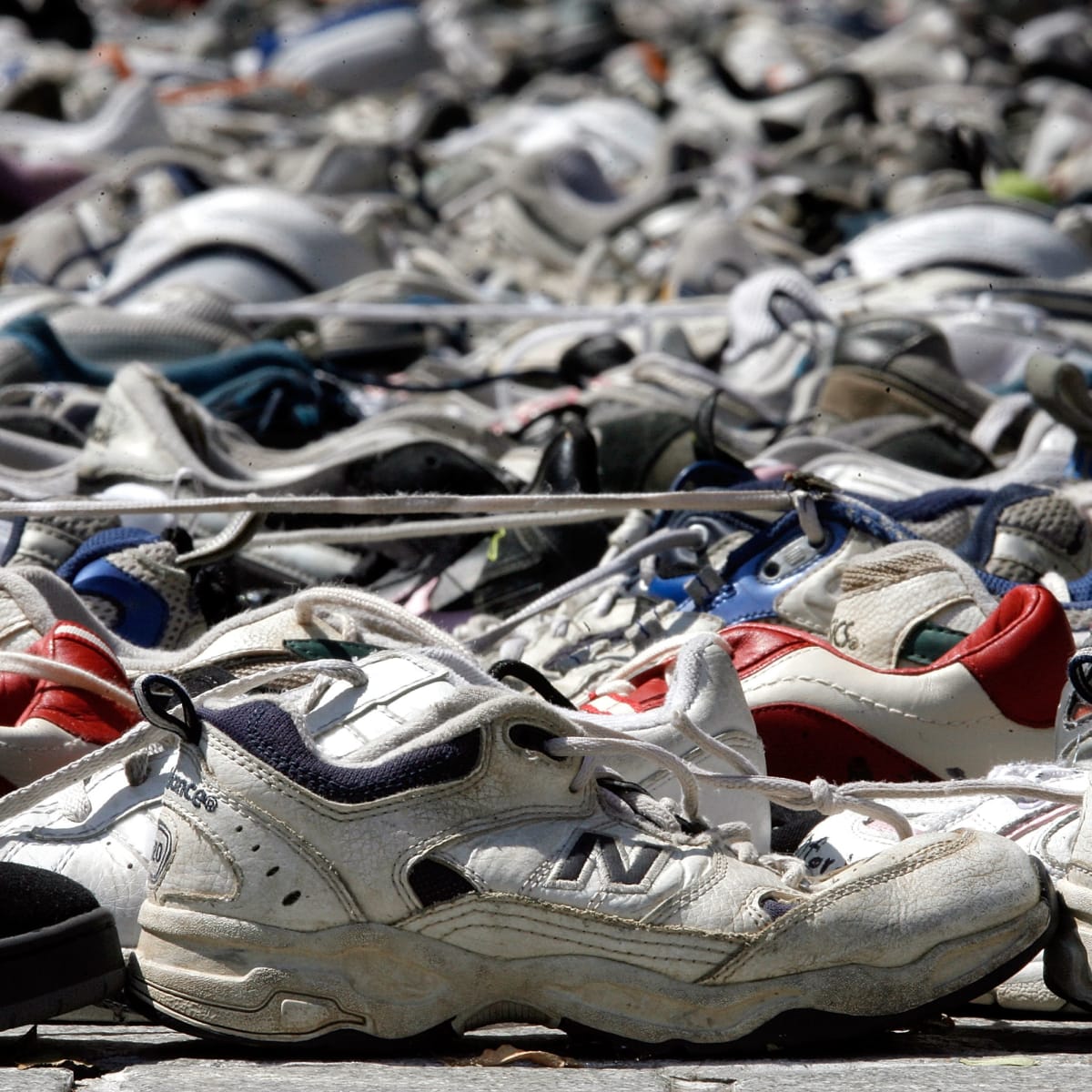
4. Local Recycling Centers
Check with your local recycling center to see if they accept shoes. Some centers have designated bins for textiles and footwear. Be sure to remove any non-recyclable components, such as laces and insoles, if necessary.
5. Take-Back Programs
Some retailers offer take-back programs where you can return old shoes for discounts on new purchases. Brands like Adidas offer such programs, ensuring that the returned shoes are recycled responsibly.
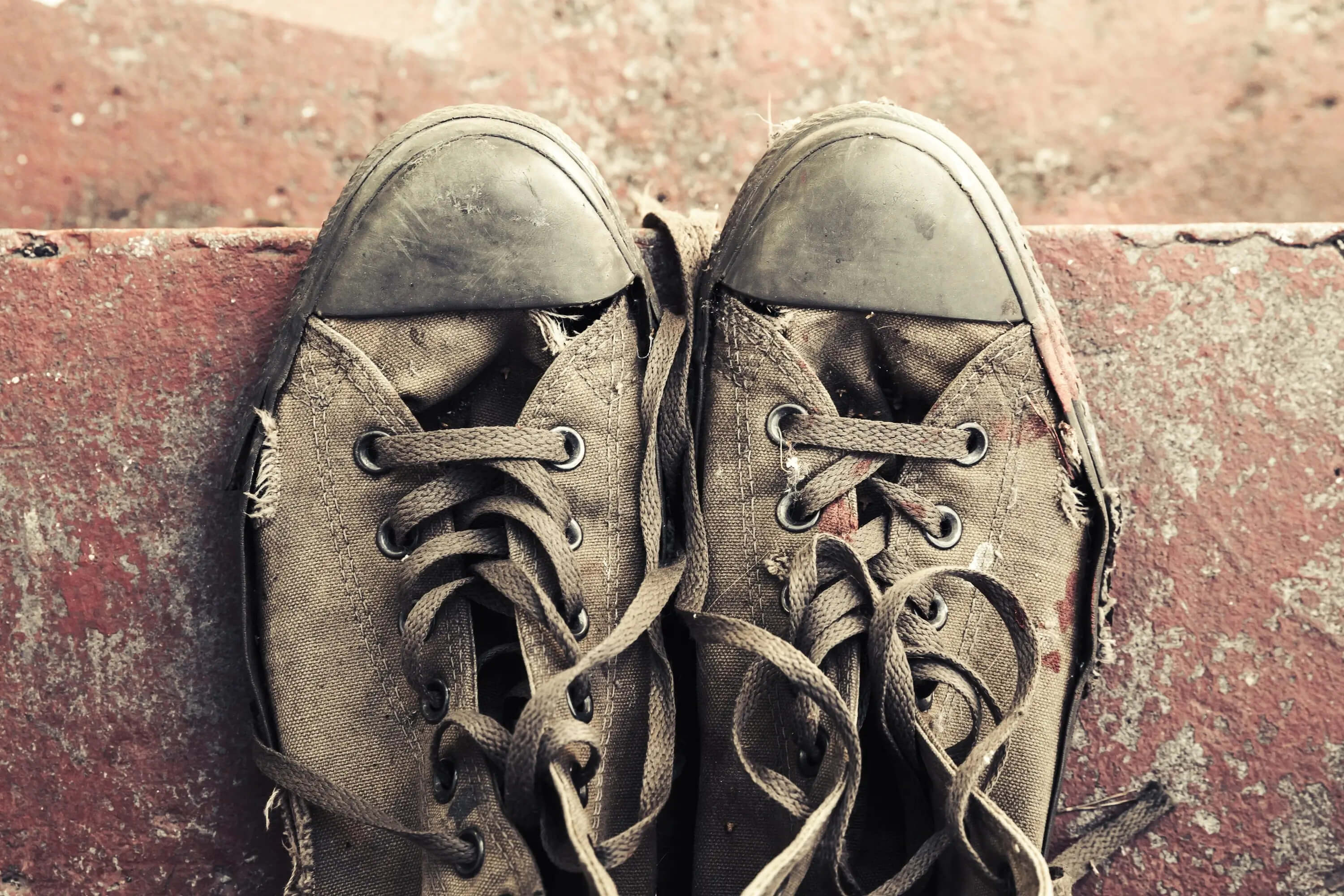
Real-World Footwear Experiences: Case Studies
The impact of recycling old shoes is best illustrated through real-world examples. These case studies highlight successful recycling initiatives and their outcomes.
Case Study 1: Nike’s Reuse-A-Shoe
Since its inception in 1990, Nike’s Reuse-A-Shoe program has diverted millions of pairs of shoes from landfills. The program collects worn-out athletic shoes at participating locations, processing them to create new products, including athletic fields and playgrounds. In 2020 alone, Nike recycled 1.5 million pairs of shoes, showcasing the scale of impact achievable through dedicated recycling efforts.
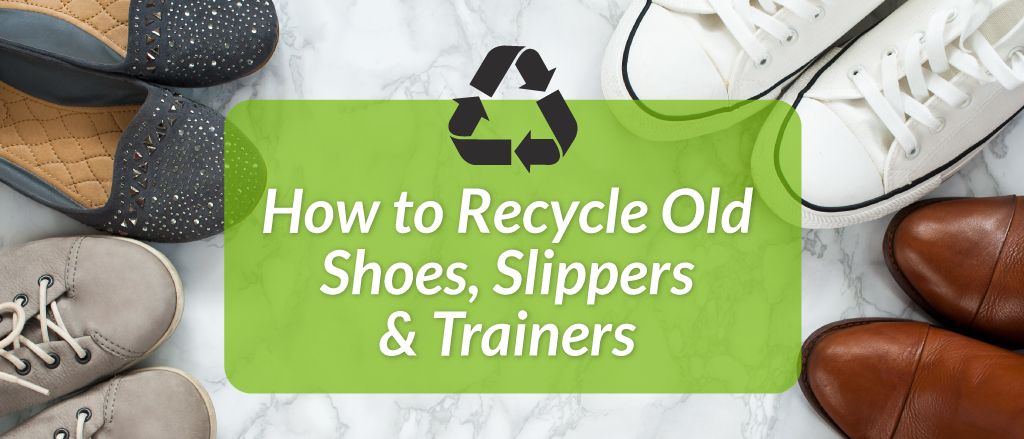
Case Study 2: Soles4Souls
Soles4Souls has been at the forefront of shoe donation and recycling efforts. Founded in 2006, the organization has distributed over 39 million pairs of shoes to those in need worldwide. By focusing on both sustainability and humanitarian efforts, they demonstrate how shoe recycling can create a ripple effect of positive change.
Comparing Different Recycling Methods
With various methods for recycling old shoes available, it can be helpful to compare their pros and cons. Here’s a detailed breakdown to assist in choosing the best option for you.
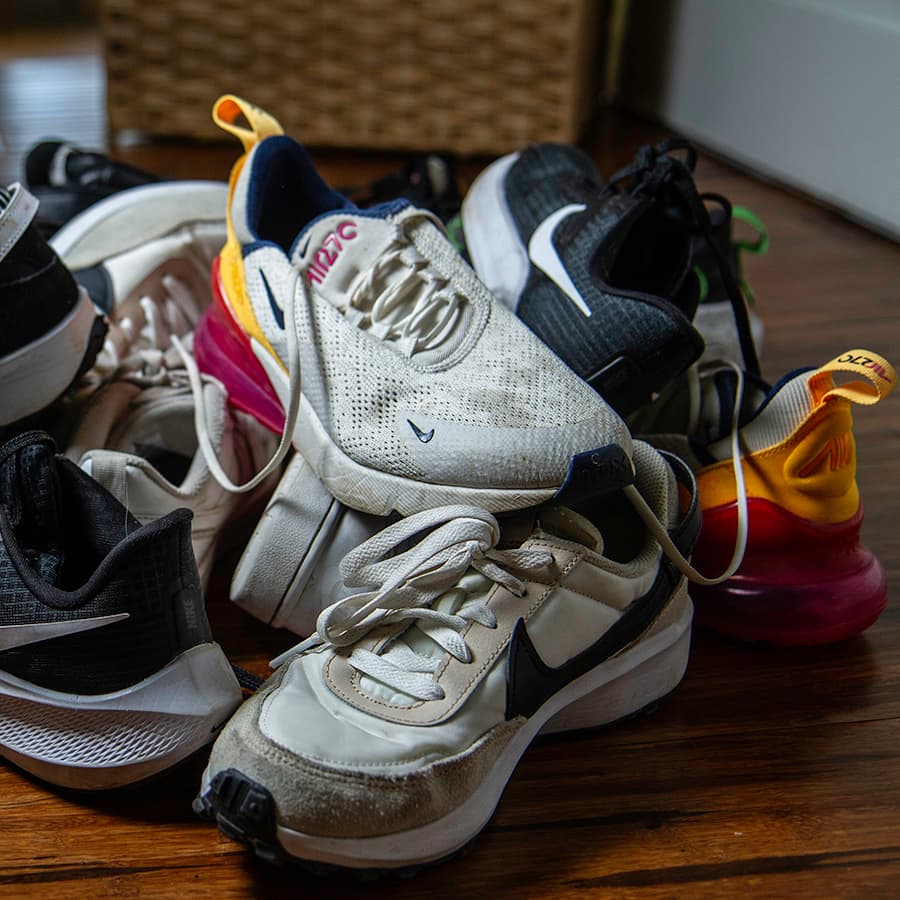
| Recycling Method | Pros | Cons |
|---|---|---|
| Donation | Supports communities; reduces waste; easy process. | Requires shoes to be in good condition; limited to the organization’s needs. |
| Brand Recycling Programs | Handles recycling responsibly; often incentivized. | Only applicable to specific brands; may require travel to a specific location. |
| Repurposing | Encourages creativity; provides a unique personal touch. | Time-consuming; requires some crafting skills. |
| Local Recycling Centers | Accessible in many communities; environmentally responsible. | Not all centers accept shoes; requires research to find options. |
| Take-Back Programs | Reward incentives; supports brand sustainability. | Limited to participating brands; may feel like a marketing tactic. |
Tips for Recycling Old Shoes Effectively
To ensure you’re recycling your shoes effectively, follow these handy tips:

1. Clean Them First
Before donating or recycling any shoes, give them a good clean. Remove dirt and debris, as this will help in the recycling process and make them more appealing to the next user.
2. Know What to Remove
Remove laces, insoles, and any other non-recyclable components. This helps streamline the recycling process, as different materials require different handling.
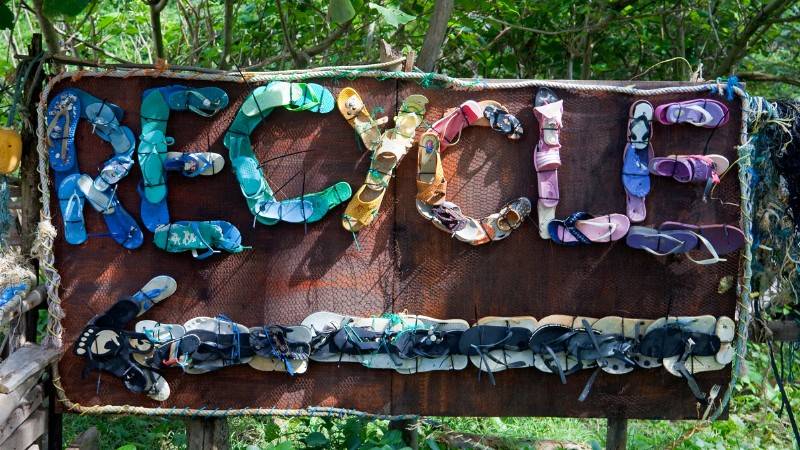
3. Research Organizations
Before donating or recycling, research organizations to ensure they align with your values. Look for those that focus on sustainability and environmental impact.
4. Keep Records
If you’re donating shoes for tax purposes, make sure to keep records of what you donate and to whom. This can help with tax deductions if applicable.
5. Spread the Word
Encourage friends and family to recycle their shoes too! Share your experiences on social media to promote shoe recycling in your community.
Product Highlights for Recycling Shoes
Here are some standout products that can aid in the recycling process:
1. Dr. Scholl’s Foot Care
Dr. Scholl’s provides various products for shoe care, enhancing the lifespan of your shoes and making them more suitable for donation.
2. Shoe Cleaning Kits
Investing in a quality shoe cleaning kit can keep your shoes in excellent condition, making them donation-ready. Brands like Jason Markk offer effective solutions for various materials.
3. Craft Supplies
If you’re opting for repurposing, having craft supplies on hand—like paints, glue, and decorative items—can spark creativity. Look for all-in-one DIY kits to simplify your projects!
FAQs About Recycling Old Shoes
1. Can I recycle shoes if they are damaged?
Yes, many recycling programs accept damaged shoes. However, check with your local program for specific guidelines.
2. What materials are typically recyclable?
Materials like rubber, canvas, and certain synthetics are generally recyclable. Leather can be trickier due to its processing, so verify with the recycling program.
3. How can I find a shoe donation location near me?
You can search online for local charities or organizations that accept shoe donations. Websites like Soles4Souls provide tools to locate drop-off points.
4. Are brand recycling programs free?
Most brand recycling programs are free, allowing you to drop off your shoes without any costs. Some programs may offer coupons or discounts for participating.
5. Can I recycle shoe boxes?
Yes! Shoe boxes are recyclable. If they’re clean and undamaged, feel free to add them to your recycling bin.
6. What happens to shoes after they are recycled?
Recycled shoes can be turned into various products, such as flooring, insulation, and new athletic footwear.
7. Can I donate shoes with signs of wear?
Yes! Shoes with minor signs of wear can still be donated if they’re clean and functional. Check organization guidelines for acceptance criteria.
8. Are there any tax benefits for donating shoes?
Yes, you may be eligible for tax deductions based on the value of your donated shoes. Keep receipts and records of your donations.
9. How often can I recycle my shoes?
You can recycle your shoes whenever you have them! There are no limits, so feel free to recycle as often as needed.
10. Are there any incentives for recycling through brands?
Many brands offer incentives such as discounts on future purchases for participating in their recycling programs.